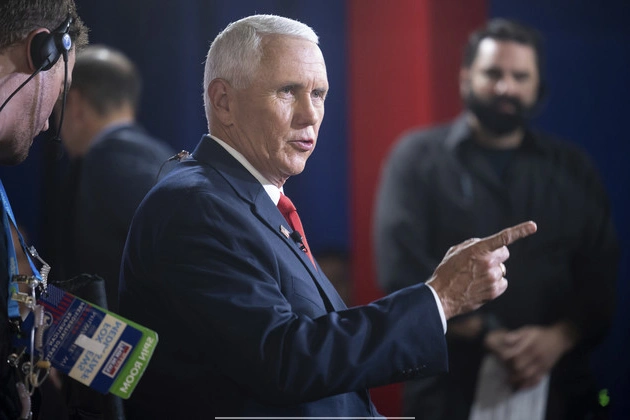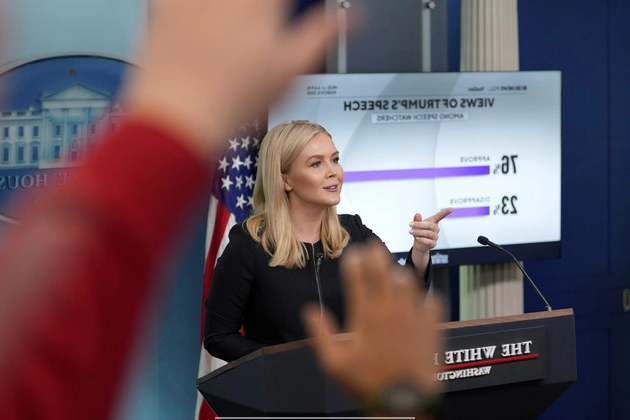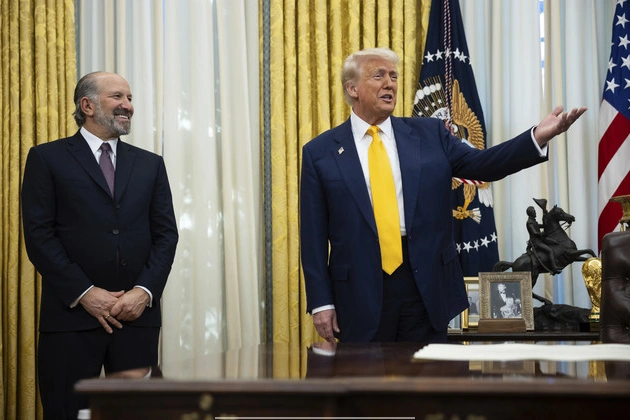
The U.S. Postal Service made a surprising announcement, stating that it would resume accepting packages from China and Hong Kong. This decision came just hours after a temporary halt in shipping services from these countries was implemented late Tuesday.
In a statement, the Postal Service mentioned that they are collaborating closely with Customs and Border Protection to establish an efficient collection process for the new China tariffs. This is aimed at minimizing disruptions in package delivery.
Trade Tensions Unfold
The sudden suspension on Tuesday night and subsequent resumption on Wednesday followed President Donald Trump’s imposition of a 10 percent tariff on Chinese imports. In response, China, a significant trading partner of the U.S., retaliated by announcing tariffs on various U.S. goods, including liquefied natural gas, coal, and agricultural equipment.
Although these measures are set to take effect in the future, negotiations between the two countries are still possible before the deadline.
Global Implications
Similar tariff actions were anticipated with Canada and Mexico, but these countries managed to delay them following discussions with their leaders and President Trump.
The initial suspension by the Postal Service raised concerns about potential disruptions in e-commerce and global supply chains. Furthermore, Trump’s tariff directive eliminated the de minimis exemption, affecting companies that used it to avoid tariffs on packages valued at $800 or less sent directly to U.S. consumers.
Popular Chinese retailers like Shein and Temu, known for offering discounts on clothing and household products, have been significant users of this exemption. They are estimated to contribute to over 30 percent of daily packages sent to the U.S. under this provision.
The temporary Postal Service suspension, if prolonged, could have increased shipping costs for American businesses, such as Amazon, which rely on Chinese suppliers for certain products.















